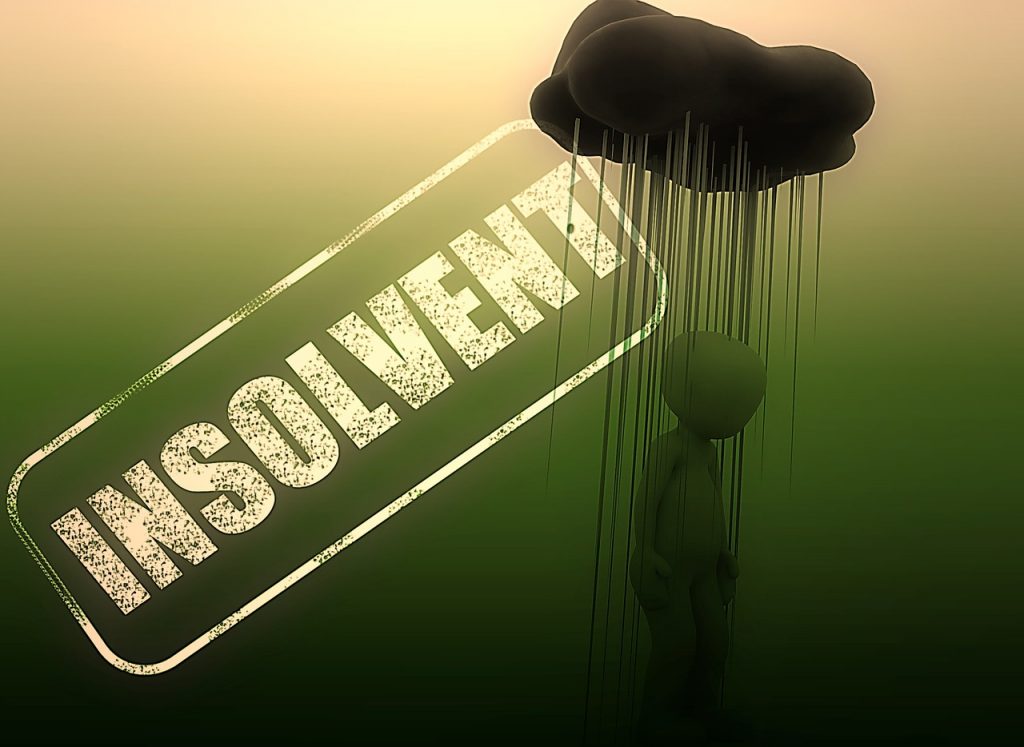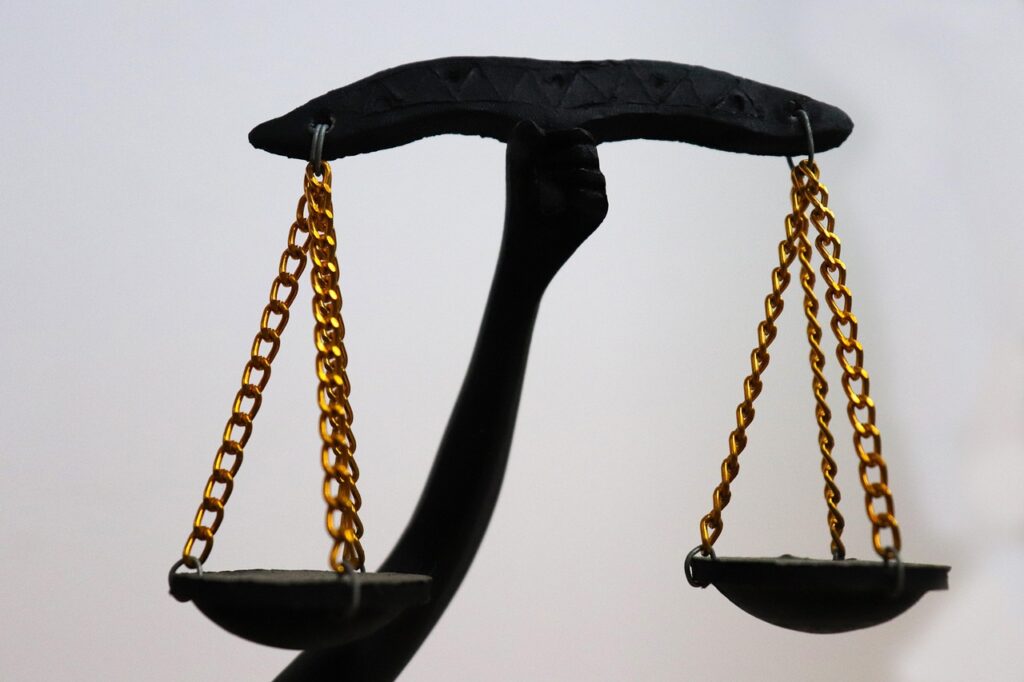Published On: 24th March, 2024
Copyright infringement and exemption clauses in Indian copyright law present a complex landscape with various challenges and perspectives. India’s copyright law, governed primarily by the Copyright Act of 1957 (amended in 2012), aims to balance the rights of creators with the interests of the public and technological advancements. Here are some key challenges and perspectives regarding copyright infringement and exemption clauses in Indian copyright law:
- Scope of Copyright Infringement: One of the primary challenges is determining what constitutes copyright infringement in the digital age. With the proliferation of online platforms and digital content, issues such as unauthorized reproduction, distribution, adaptation, and public performance of copyrighted works have become more prevalent.
- Enforcement Issues: Enforcement of copyright laws poses a significant challenge in India. Limited resources, delays in judicial proceedings, and lack of awareness among law enforcement agencies contribute to the difficulty in combating copyright infringement effectively.
- Fair Use and Exemption Clauses: Indian copyright law provides certain exemptions, such as fair dealing provisions and specific exceptions for educational, research, and personal use. However, the interpretation and application of these exemptions can be ambiguous, leading to uncertainty for both content creators and users.
- Technological Advancements: Rapid technological advancements, such as file-sharing networks, streaming services, and social media platforms, have made it easier to distribute and access copyrighted content. Balancing the rights of copyright owners with the freedom of expression and access to information poses a significant challenge for policymakers.
- International Obligations: India’s copyright law is influenced by international treaties and agreements, such as the Berne Convention and the Agreement on Trade-Related Aspects of Intellectual Property Rights (TRIPS). Compliance with these obligations while addressing domestic concerns presents a challenge in formulating and implementing copyright policies.
- Emerging Issues: Emerging technologies, such as artificial intelligence (AI), blockchain, and virtual reality, raise new challenges for copyright law. Issues such as algorithm-generated content, digital rights management, and ownership of AI-generated works require careful consideration and adaptation of existing legal frameworks.
- Access to Knowledge and Cultural Diversity: Copyright law plays a crucial role in promoting access to knowledge, preserving cultural diversity, and fostering creativity. Balancing the interests of copyright holders with the public interest in accessing and utilizing copyrighted works is essential for promoting innovation and cultural development.
In addressing these challenges, policymakers, stakeholders, and legal practitioners in India need to adopt a balanced approach that considers the interests of both creators and users of copyrighted works. This may involve promoting awareness of copyright laws, enhancing enforcement mechanisms, updating legal frameworks to adapt to technological advancements, and fostering dialogue among stakeholders to achieve consensus on copyright issues. Additionally, leveraging international best practices while considering India’s unique socio-cultural context can contribute to the development of a robust copyright regime that promotes creativity, innovation, and access to knowledge.




